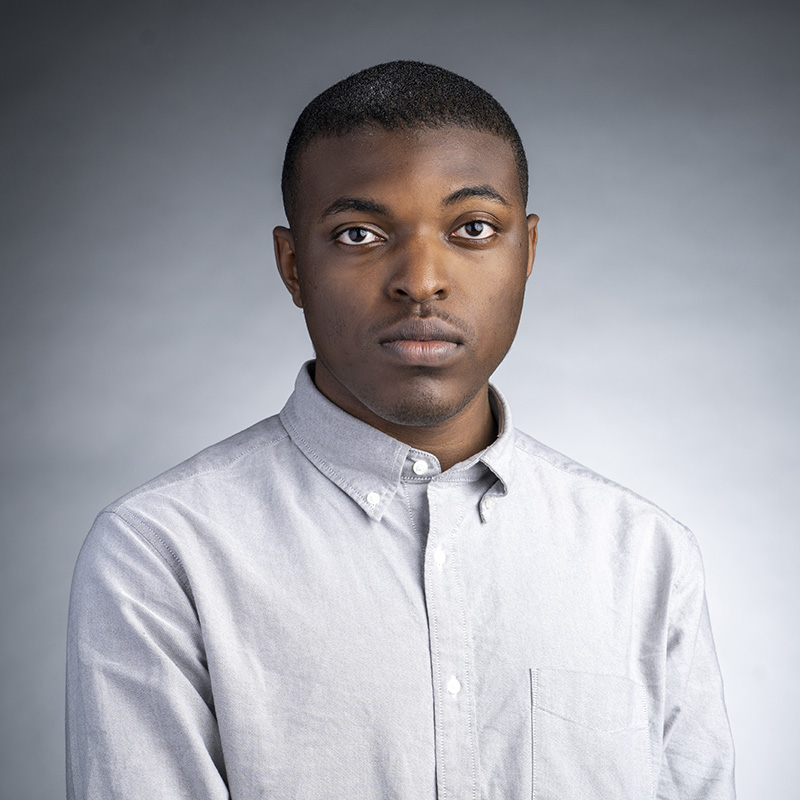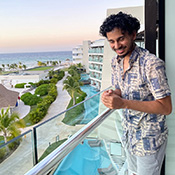News Story
Student Team Wins Emerging Tech Challenge

Team captain, Ryan Phillip
A student team from the University of Maryland (UMD) recently won the Fall 2022 Interactive Case Competition: Emerging Tech Challenge. The team included two students from mechanical engineering (ME), team captain Ryan Phillip and member Rafsun Mohammad, who facilitated the concept, development, and marketing of their chosen emerging technology. The Interactive Case Competition was founded in 2010 and challenges students to solve real problems facing the cable industry. The UMD student team took first place with their technology, a “personalizable” AI chatbot, and were awarded a prize of $5000. The win was announced during a livestream event on November 17.
To start, Phillip used his connections to gather the multidisciplinary student team together, and the competition provided additional support from an industry mentor. The team was determined to develop a comprehensive technology using existing technological tools such as computer coding and artificial intelligence (AI).
“The competition is about creating an opportunity to engage with and inspire students to find a good understanding of digital technologies and media business strategies—which is what we did in creating a chatbot,” said Phillip.
The interdisciplinary team developed their company and technology, PACB, Inc. and “The Personalizable AI Chatbot” based off of a common technological problem. Though traditional chatbots can be convenient, their lack of personalization can limit their useability. The team took this dated technology and updated it. They used AI and machine learning to include tone detection, constant growth, and feedback to develop smart answers for customers using the chatbot. The more human-like chatbot targets a large audience and can help to reduce a company’s customer support costs.
After ideating the chatbot, Mohammad then worked to develop a marketing strategy to pitch their design to different cable companies. He made sure to highlight the wide span of users the chatbot could accommodate.
“We didn’t restrict the technology to this generation; we focused on all age groups. Some companies restrict their technology to the U.S., but we also thought about how it could be expanded globally,” said Mohammad.
The competition is about creating an opportunity to engage with and inspire students to find a good understanding of digital technologies and media business strategies—which is what we did in creating a chatbot
Ryan Phillip
Overall, it took the student team over two months of collaboration from inception to completion, with a large part of the timeline occurring during midterm examinations. Balancing schoolwork and the competition meant that the team needed to communicate effectively to succeed.

Team member Rafsun Mohammad
“Great communication is very important at all times, and that’s what we had. We were able to communicate, we were able to keep things respectable amongst one another, and we always heard out everyone’s ideas and considered how much thought they put into it,” said Phillip.
In the end, the students’ dedicated work made the win all the more meaningful.
“It felt like a weight lifted off of my shoulders. All the time taken for the competition shows that when a team works well together, anything is possible,” said Phillip. “It was a great opportunity and a great chance to put a lot of creative thoughts together for a successful outcome.”
Published December 6, 2022









